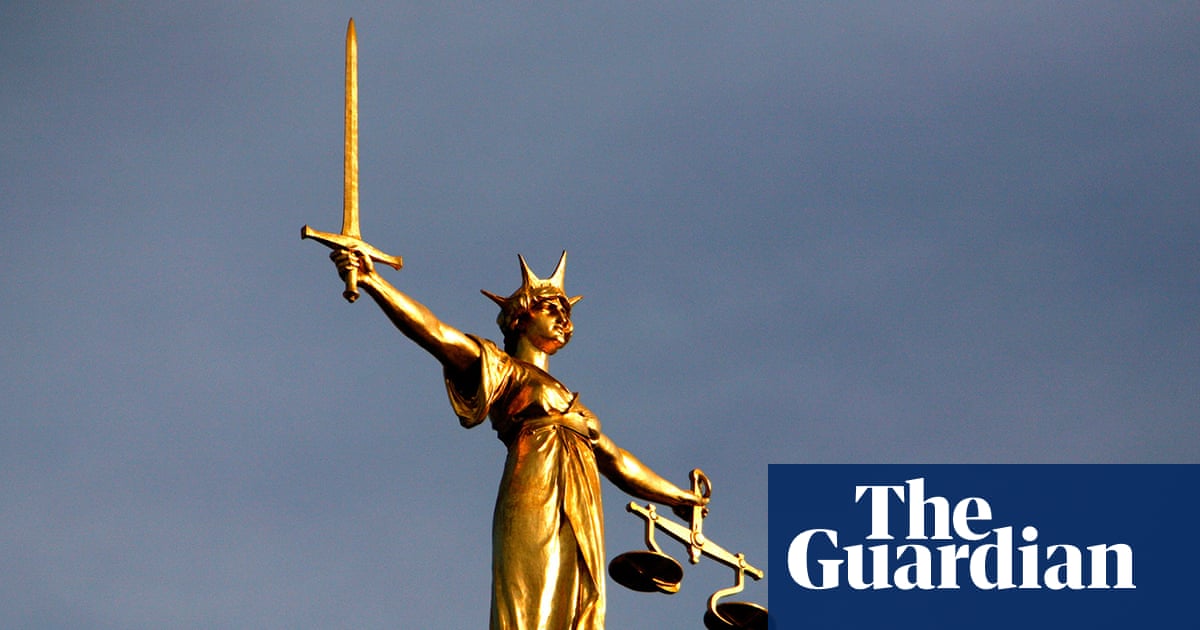Water bills for millions of households in England will increase by even more than expected after the competition regulator gave the green light for five water suppliers to raise charges to customers – but rejected most of the companies’ demands.
An independent group of experts appointed by the Competition and Markets Authority (CMA) provisionally decided to allow the companies to collectively charge customers an extra £556m over the next five years, it said on Thursday. That was only 21% of the £2.7bn that the firms had requested.
The five companies – Anglian, Northumbrian, Southern, Wessex and South East – together serve 14.7 million customers. The companies appealed to the CMA in February to ask for permission to raise bills by more than allowed previously by the industry regulator, Ofwat.
Water bills have become the subject of significant political controversy in recent years in the UK amid widespread disgust over leaks of harmful sewage into Britain’s rivers and seas.
Emma Hardy, the water minister, said: “I understand the public’s anger over bill rises – that’s why I expect every water company to offer proper support to anyone struggling to pay.
“We’ve made sure that investment cash goes into infrastructure upgrades, not bonuses, and we’re creating a tough new regulator to clean up our waterways and restore trust in the system.”
English and Welsh water companies are mostly privately owned, but the prices the local monopolies can charge customers are regulated by Ofwat over five-year periods. Ofwat in December said average annual household bills could rise by 36% to £597 by 2030 to help pay for investment.
Ofwat said the companies could spend £104bn in total, paid by consumers.
The allowed bill increases stopped well short of the water companies’ requests.
Anglian Water, serving the east of England and Hartlepool, asked for the average annual household bill to rise to £649 – a 10% increase – but was granted only £599, or 1%. Northumbrian, mainly in north-east England, asked for £515, or 6%, and was given £495, also 1%.
South East Water, which only provides drinking water and not sewage services in several home counties, asked for an 18% increase to £322, but was allowed 4% to £286. Southern Water, on England’s south-east coast, asked for a 15% increase to £710. That would have been the highest bill in England and Wales, but it was allowed only a 3% increase to £638.
Wessex Water in south-west England asked for an 8% increase to £642, and was granted the biggest proportional increase on appeal of 5% to £622.
after newsletter promotion
Kirstin Baker, the chair of the group that decided on the appeals, said: “We’ve found that water companies’ requests for significant bill increases, on top of those allowed by Ofwat, are largely unjustified.
“We understand the real pressure on household budgets and have worked to keep increases to a minimum, while still ensuring there is funding to deliver essential improvements at reasonable cost.”
Southern, South East and Wessex had the largest gaps between what they had originally requested and what Ofwat granted in December.
The CMA group’s decision will also be carefully considered by Thames Water, Britain’s biggest water company with 16 million customers. Thames also appealed initially but has agreed to pause it while the utility and its creditors negotiate with Ofwat over a restructuring plan to try to cut its debt burden and prevent it collapsing into temporary government control.
Thames is still considering requesting a further £4bn. People close to Thames Water had criticised Ofwat’s approach to the price determination, arguing that the company needed much more cash to turn around its performance on pollution.
Contact Guardian Business about this story
Show
The best public interest journalism relies on first-hand accounts from people in the know.
If you have something to share on this subject you can contact the Business team confidentially using the following methods.
Secure Messaging in the Guardian app
The Guardian app has a tool to send tips about stories. Messages are end to end encrypted and concealed within the routine activity that every Guardian mobile app performs. This prevents an observer from knowing that you are communicating with us at all, let alone what is being said.
If you don't already have the Guardian app, download it (iOS/Android) and go to the menu. Scroll down and click on Secure Messaging. When asked who you wish to contact please select the Guardian Business team.
SecureDrop, instant messengers, email, telephone and post
If you can safely use the tor network without being observed or monitored you can send messages and documents to the Guardian via our SecureDrop platform.
Finally, our guide at theguardian.com/tips lists several ways to contact us securely, and discusses the pros and cons of each.
Illustration: Guardian Design / Rich Cousins

.png) 1 month ago
41
1 month ago
41

















































